Introduction to Muhammad Ali
Muhammad Ali, born Cassius Marcellus Clay Jr. on January 17, 1942, in Louisville, Kentucky, is widely regarded as one of the greatest athletes in history. Known for his charismatic personality, impeccable boxing skills, and unwavering social activism, Ali became a global icon. His impact on both sports and society is profound, earning him a place as a legend not only in the boxing world but also in American culture.
Ali began his boxing career at the young age of 12, quickly showing signs of exceptional talent. By the time he was 18, he won the gold medal in the light heavyweight division at the 1960 Summer Olympics in Rome. This victory marked the beginning of an extraordinary career that would challenge the boundaries of the sport and change the perception of athletes worldwide.
Ali’s impact went far beyond the boxing ring. He became a symbol of resistance and strength, particularly during the Civil Rights Movement and the Vietnam War. His decision to refuse induction into the U.S. Army based on his religious beliefs and anti-war stance made headlines and led to his suspension from boxing for several years. This bold action helped solidify his status as a cultural icon who stood up for what he believed in, regardless of the consequences.
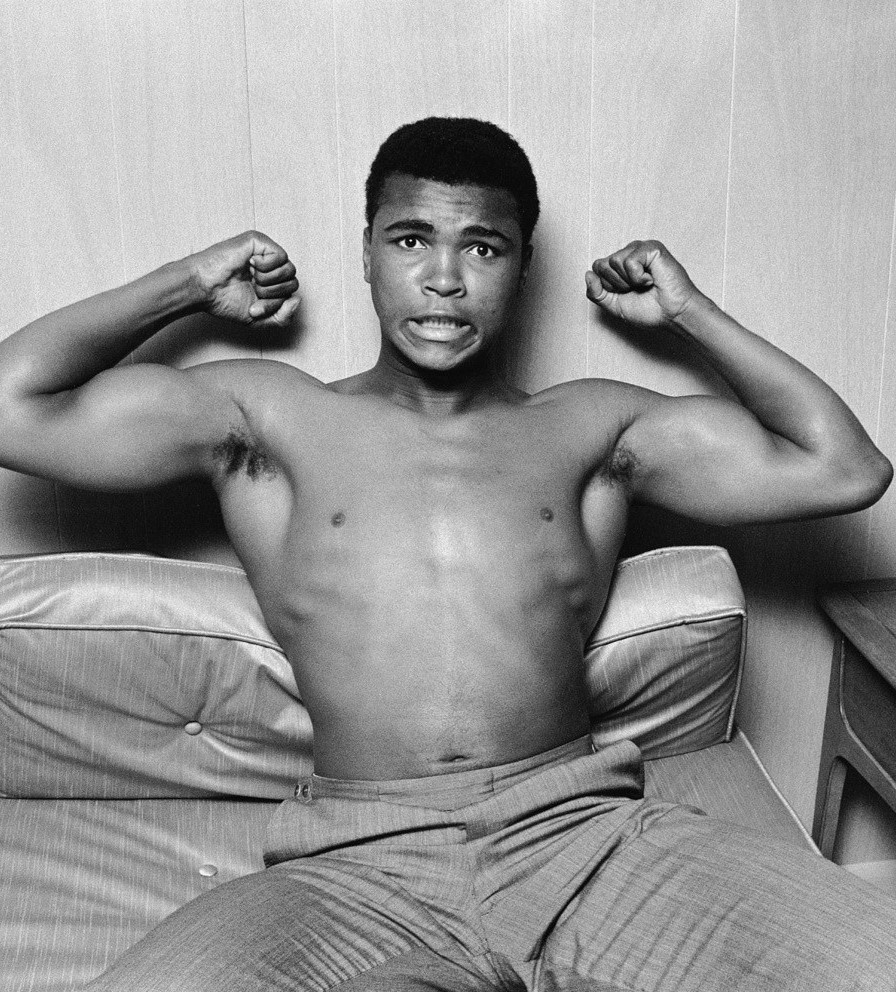
Early Career and Rise to Fame
At the age of 22, Ali made a huge splash in the boxing world by defeating the reigning heavyweight champion, Sonny Liston, in 1964. This victory shocked the world and catapulted him to fame. Ali’s brash personality and self-confidence were on full display as he famously declared, “I am the greatest.” His win marked the beginning of a new era in boxing, one in which charisma, showmanship, and personality were just as important as skill in the ring.
Following his victory over Liston, Ali’s persona continued to grow. He changed his name to Muhammad Ali, a reflection of his conversion to Islam and his rejection of his “slave name.” His decision to embrace the Muslim faith was met with both admiration and controversy, but it cemented Ali’s commitment to living according to his beliefs. Ali’s transformation from Cassius Clay to Muhammad Ali was more than a name change; it was a declaration of independence and self-determination.
During the 1960s, Ali’s talent in the ring became even more apparent as he won numerous title defenses. His fights against top opponents, including Floyd Patterson, Ernie Terrell, and George Chuvalo, demonstrated his skill, speed, and strategy. His ability to “float like a butterfly, sting like a bee” became legendary, as he was known for his quick footwork and powerful punches. Ali’s combination of athleticism and confidence helped redefine what it meant to be a boxer.
The “Rumble in the Jungle” and “Thriller in Manila”
Two of Muhammad Ali’s most famous and historic fights were the “Rumble in the Jungle” and the “Thriller in Manila.” The “Rumble in the Jungle,” which took place in 1974, was a battle between Ali and the reigning heavyweight champion, George Foreman. Foreman was known for his incredible strength and knockout power, making him a formidable opponent. However, Ali used a strategy he called the “rope-a-dope,” where he leaned against the ropes, letting Foreman punch himself out before coming back with a series of powerful blows to claim victory in the eighth round.
The “Rumble in the Jungle” not only proved Ali’s boxing genius but also showcased his mental toughness. Ali’s ability to outsmart and outlast Foreman earned him the title of world heavyweight champion once again. This fight is considered one of the greatest upsets in boxing history and solidified Ali’s legacy as a strategic and resilient fighter who could adapt to any situation in the ring.
Another legendary moment in Ali’s career was the “Thriller in Manila,” a grueling fight against Joe Frazier in 1975. Frazier and Ali had already faced off twice before, with Ali winning the first fight and Frazier winning the second. Their third meeting in Manila was a brutal, 14-round war that left both fighters exhausted and on the verge of collapse. Ali later described the fight as the closest thing to dying he had ever experienced. Despite the toll it took on his body, Ali emerged victorious, winning by technical knockout after Frazier’s trainer stopped the fight in the 14th round.
The “Thriller in Manila” remains one of the greatest examples of human endurance and determination in sports history. The fight showcased not only Ali’s physical prowess but also his mental toughness and resilience. It was a fitting culmination to one of the greatest rivalries in sports history and further cemented Ali’s reputation as a boxer who could overcome any obstacle.
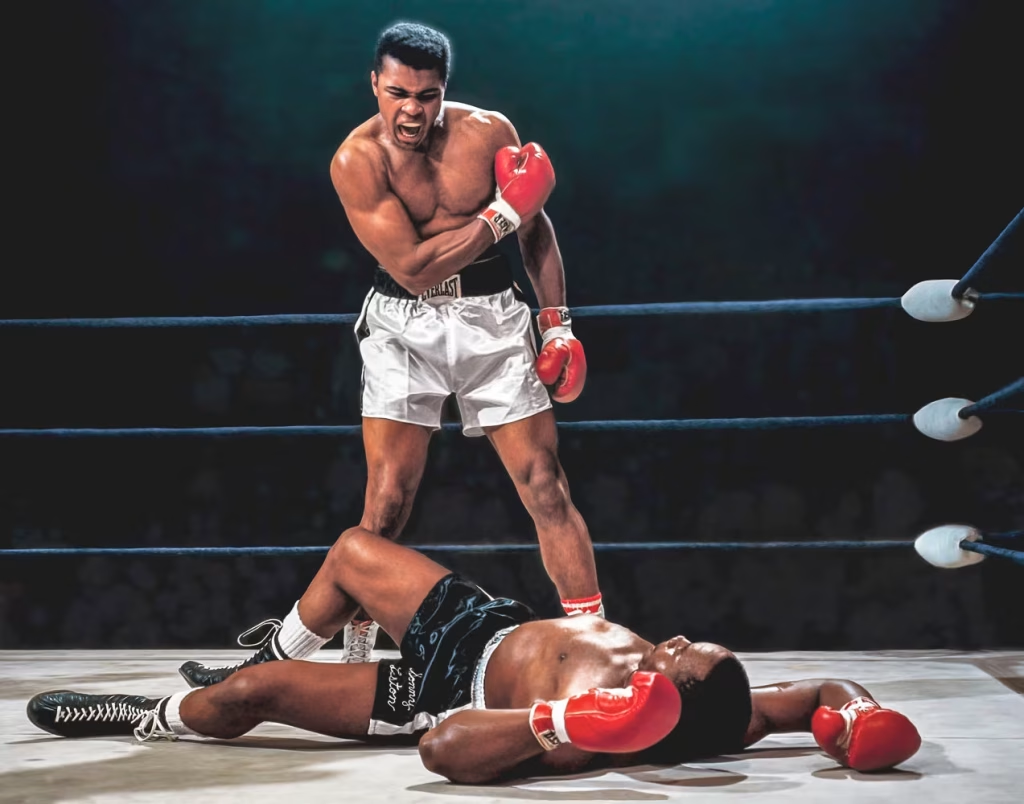
Ali’s Social Activism and Legacy
Beyond his success in the boxing ring, Muhammad Ali was known for his outspoken views on social issues. His decision to refuse to fight in the Vietnam War was a pivotal moment in both his career and his life. Ali cited his religious beliefs as the reason for his refusal to serve, stating that he did not believe in fighting a war against people who had not wronged him. His stance on the war made him a polarizing figure, but it also elevated his status as a symbol of resistance and civil disobedience.
In addition to his stance on the war, Ali was also a vocal advocate for civil rights. He was unapologetically black and proud, often speaking out against racial injustice in America. His partnership with figures such as Malcolm X and his outspoken criticism of the U.S. government made him a controversial figure, but it also made him a hero to many in the African American community. Ali’s activism extended beyond the boxing ring, as he used his platform to address issues such as racism, inequality, and the need for social change.
Ali’s legacy is not limited to his boxing achievements or his activism. He inspired generations of athletes to use their platforms for social change and to stand up for their beliefs. His ability to blend sports with social commentary paved the way for future athletes to become advocates for justice. Ali’s influence can be seen in the actions of athletes such as Colin Kaepernick and LeBron James, who have used their platforms to speak out on issues of racial inequality and police brutality.
Muhammad Ali’s Health Struggles and Final Years
In the later years of his life, Muhammad Ali faced a series of health challenges, many of which were linked to his long career in boxing. In 1984, just a few years after retiring from boxing, Ali was diagnosed with Parkinson’s disease, a neurodegenerative condition that affects movement and speech. It is believed that the repeated blows to the head during his boxing career contributed to the development of Parkinson’s disease, though Ali’s family and doctors have also noted that his activism and public speaking also played a role in the progression of the disease.
Despite his health struggles, Ali remained active in the public eye for many years. He became an ambassador for peace and humanitarian causes, traveling the world to promote goodwill and understanding. In the 1990s, Ali even served as a special guest at the 1996 Summer Olympics in Atlanta, where he lit the Olympic torch. His presence at the opening ceremony was a symbolic moment, representing not only his personal resilience but also his commitment to global peace.
Muhammad Ali passed away on June 3, 2016, at the age of 74, after being hospitalized due to respiratory complications. His death marked the end of an era, but his legacy lives on. Ali’s contributions to boxing, activism, and humanitarian work have left an indelible mark on the world. His story is one of triumph, struggle, and perseverance, making him a true legend in every sense of the word.
Conclusion: The Enduring Legacy of Muhammad Ali
Muhammad Ali’s legacy transcends his boxing career. He was not only a champion in the ring but also a champion for social justice, human rights, and personal integrity. His confidence, courage, and ability to challenge the status quo made him a role model for millions of people worldwide. Ali’s influence on sports and culture is immeasurable, and his story continues to inspire future generations of athletes and activists.
Even decades after his retirement, Ali’s name is synonymous with greatness, and his impact on the world of sports is undeniable. His fights, particularly the “Rumble in the Jungle” and the “Thriller in Manila,” remain legendary examples of athleticism and mental toughness. But it is his work outside the ring, as an advocate for peace, justice, and equality, that truly defines his legacy.
Muhammad Ali may have passed away, but his story lives on in the hearts of those who admired him and the countless people who were inspired by his life. He remains the greatest, not just because of his boxing achievements, but because of his courage, character, and commitment to making the world a better place.

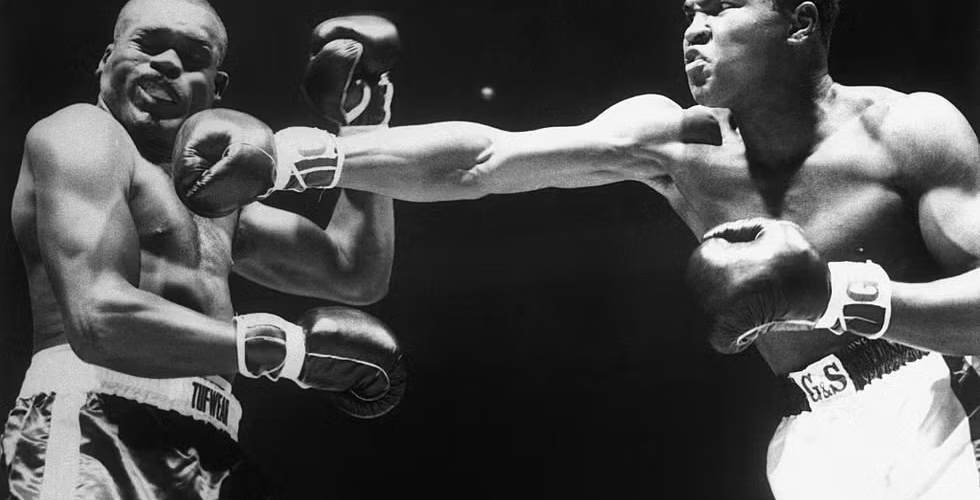

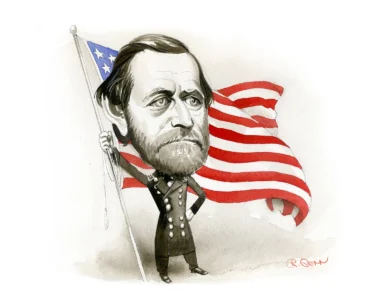
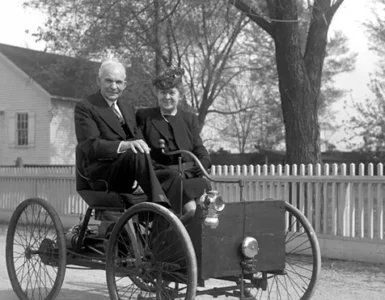
Add comment